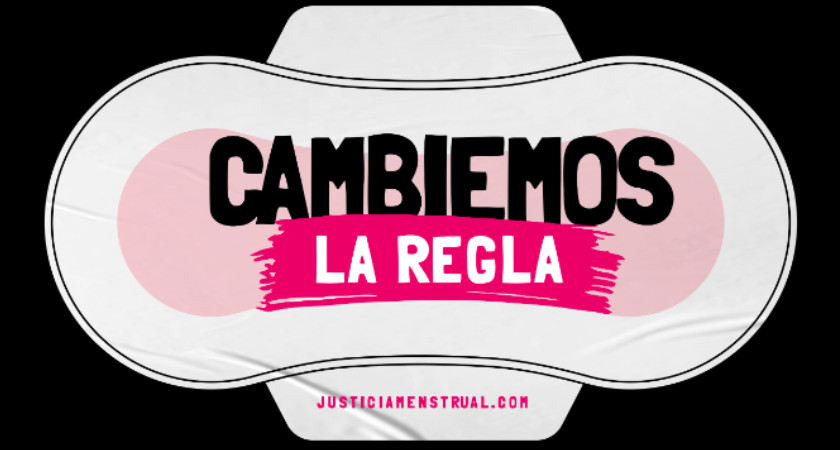The Issue Of Menstrual Hygiene Products In Costa Rica

Campaign in Costa Rica seeks to pass law for equitable access to menstrual hygiene products and promote social justice.
In Costa Rica, the lack of access to menstrual hygiene products seriously affects many women and girls. This situation is not only a public health problem, but also an issue of equity and social justice. The “Cambiemos la Regla” campaign, led by @nosotras.womenconnecting, seeks to address this issue and has received the support of various political figures, including Congresswoman Priscilla Vindas of the Frente Amplio.
“Cambiemos la regla” (Let’s change the rule) Campaign

Its main objective is the approval of bill 22.421, known as “Menstruation and Justice”. This bill proposes several measures to guarantee equitable access to menstrual hygiene products:
- VAT reduction: Implement a reduced VAT rate for menstrual hygiene products.
- Education Campaigns: Develop information and awareness campaigns on menstrual education.
- Comprehensive Menstrual Education: Include menstrual education from the first school cycle through diversified education.
- Provision in Penitentiary Centers and for Migrants: To provide menstrual hygiene products to people in penitentiary centers and in migratory conditions.
Impact And Need
Priscilla Vindas, joining the campaign, expressed firmly: “Of course! Menstrual hygiene should not be a luxury, it is a necessity.” This statement highlights the urgency of treating menstrual hygiene as a basic necessity and not as an unattainable luxury for many women. The campaign also emphasizes that, currently, women pay 13% VAT for menstrual products, something that should be reconsidered to include these products in the basic basket.
Realities In Education Centers
The Alajuelita high school is a positive example of how to address this problem. In this educational center, organized students were able to allocate part of the school budget for the purchase of menstrual hygiene products, creating menstrual health kits. Rachel Salazar, a student of the high school, stressed the importance of this initiative: “It is very important, sometimes we have emergencies and the teachers help us with the towels”. However, this is not the reality for all schools in the country.
Alarming Statistics
According to the National Institute of Statistics and Census (INEC), it is estimated that 80,000 women in Costa Rica do not have access to the necessary items to manage menstruation. This lack of access causes a student to miss up to 40 days of school per year. Despite the reduction of VAT from 13% to 1% for products such as pads, tampons and menstrual cups, prices remain unaffordable for many families.
It is essential that the State guarantees equitable access to menstrual hygiene products for all women and girls. Initiatives such as those of the Alajuelita high school should be replicated throughout the country to ensure that menstruation is not a barrier to women’s education and dignity.
Sensorial Sunsets
Navigate articles





